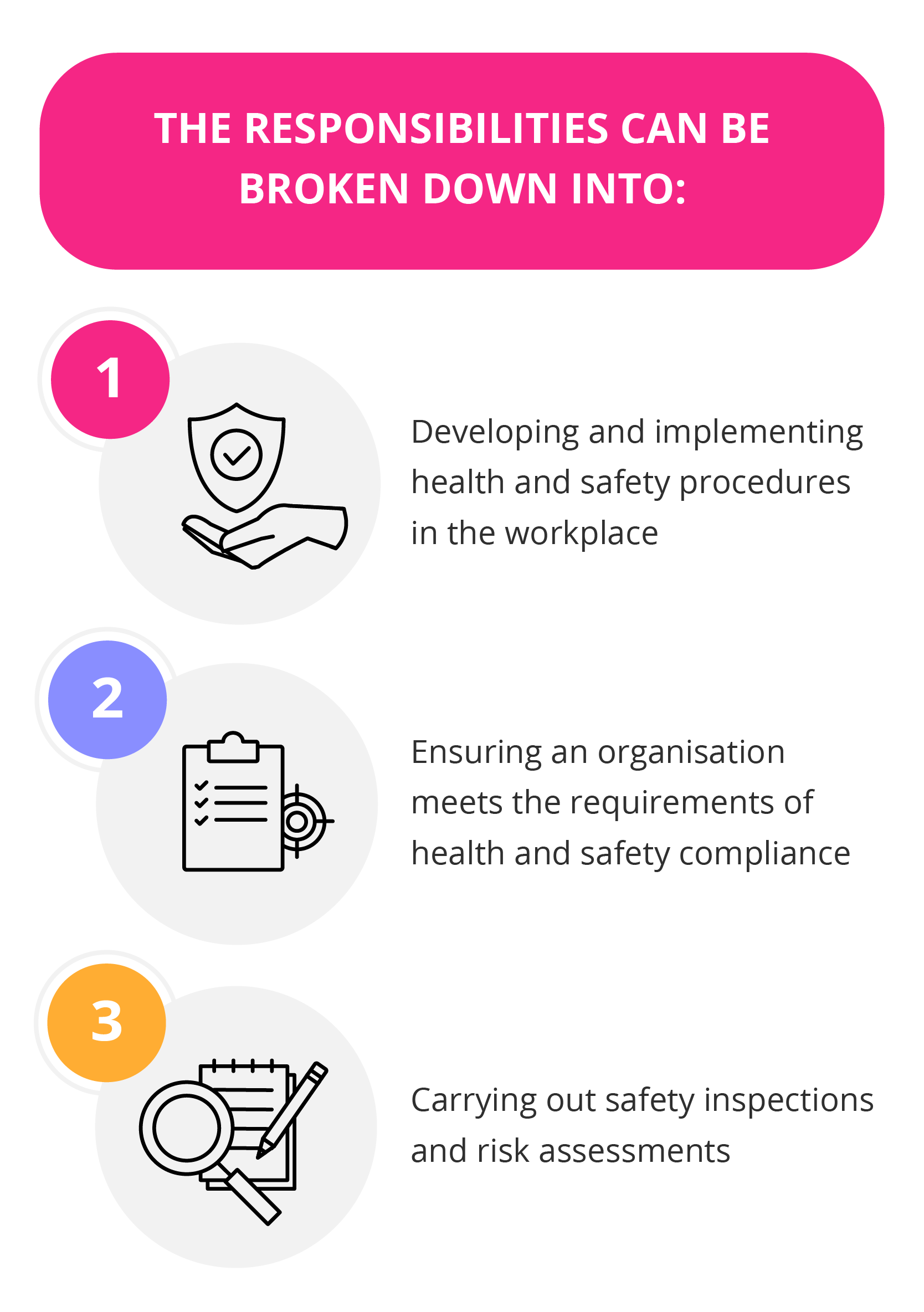How to Become an Occupational Health and Safety Officer
To qualify as an occupational health and safety officer (OHSO) – a role that’s vital in the workplace – a training course and a certificate from a relevant professional body is required. A future career in occupational health and safety (OHS) is the perfect opportunity for someone who doesn’t have a bachelor’s degree, but would like to make a difference in the work environment.
Evaluate OHSO training requirements
Get recognition from a professional body
In order to gain membership with a professional body such as the South African Institute of Occupational Safety and Health (SAIOSH), you’ll need an accredited certificate at NQF level 5 or equivalent, as well as some work experience under your belt. Being a recognised member establishes you as a professional in your field and may open doors for career growth and development.
Upgrade your skills
Complete an online course that will provide you with a broad overview of the different aspects of health and safety legislation and equip you to meet compliance requirements within any organisation. For example, the UCT Occupational Health and Safety online short course provides you with the knowledge needed to create a safe, productive working environment for employees.
To further your skills, additional courses in labour law and facilities management could benefit you and your organisation – providing you with the tools to understand how to drive compliance across various industries.
Examine OHSO key responsibilities

Safety doesn’t happen by accident. I’m here to prevent accidents and everyone’s contribution helps
Jasmine Haigh, OHSO & Facilities Coordinator at GetSmarter
The responsibilities can be broken down into:
Operations management
OHSOs may be responsible for supervising junior OHS staff, and conducting relevant health and safety training with other employees. If an accident occurs in the workplace, the responsibility falls to the OHSO to investigate the incident, and adjust future policies accordingly. Priorities may include:
- Improving internal processes and systems through relevant training
- Determining how different facility layouts will help or hinder production
Facilities management
As an OHSO, you need an eye for detail and a talent for problem-solving. You’ll apply these skill to:
- Analysing an organisation’s strategy to ensure alignment with facilities management best practice
- Updating facilities policies and processes to align with industry standards and legislation
- Implementing strategies for balancing maintenance and upgrades to the working environment
Labour law compliance
Your role may require you to manage compliance issues across your organisation, and implement systems and strategies in the workplace by:
- Promoting fair labour operations in all aspects of an organisation
- Understanding the complexities of employment legislation to ensure compliance and avoid labour disputes
Related content: What job opportunities are available in health and safety?
Explore your career path as an OHSO
The career prospects for an OHSO are incredibly diverse. With the sheer scope and complexity of national health and safety legislation, organisations are dependent on in-house specialists and external consultants to ensure their company meets compliance requirements.
Health and safety legislation is set at a government level and filters down into every single industry. As a professional in this field, businesses will rely on you for your insight and expertise, giving you the freedom to choose the industry in which you’d like to specialise.
How SAIOSH will support your journey as an OHS professional
Take the first step towards becoming an OHS practitioner with the UCT Occupational Health and Safety online short course, which is accredited by SAIOSH. SAIOSH is a non-profit organisation dedicated to improving their members’ skills by keeping them up-to-date with the latest developments in occupational health and safety. They’re also recognised by the South African Qualifications Authority, which will ensure your OHS skills are relevant worldwide.
